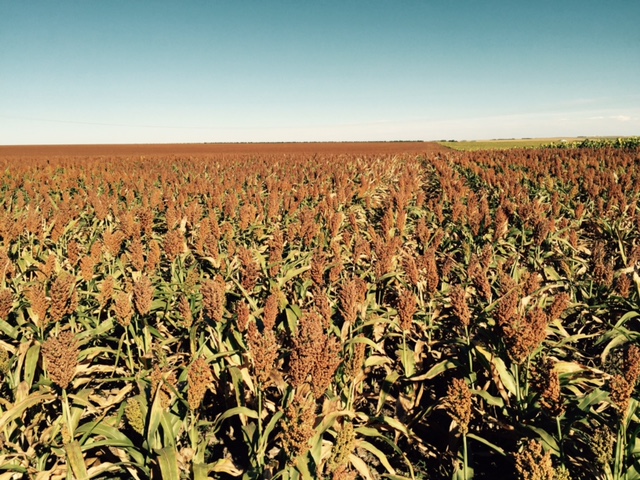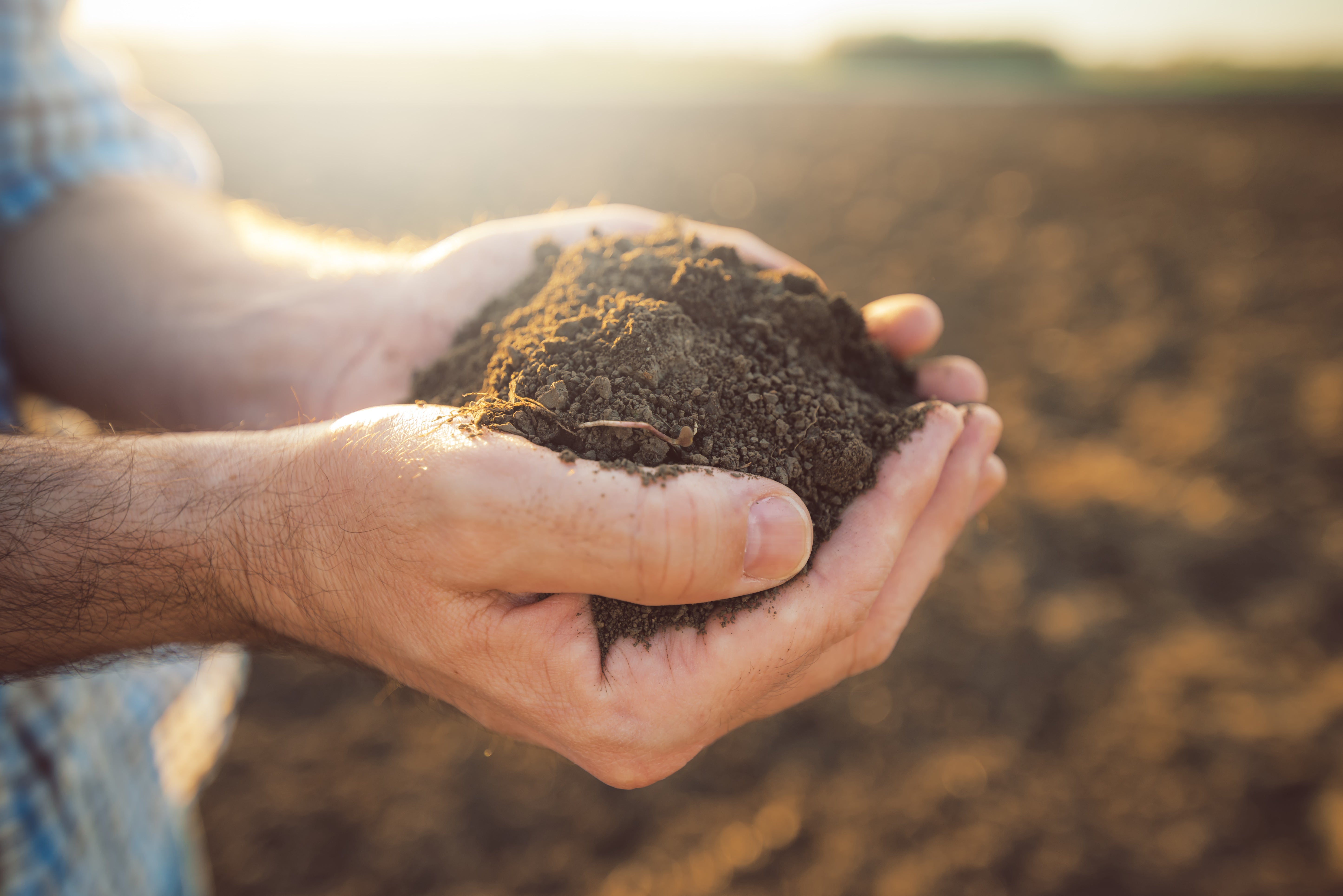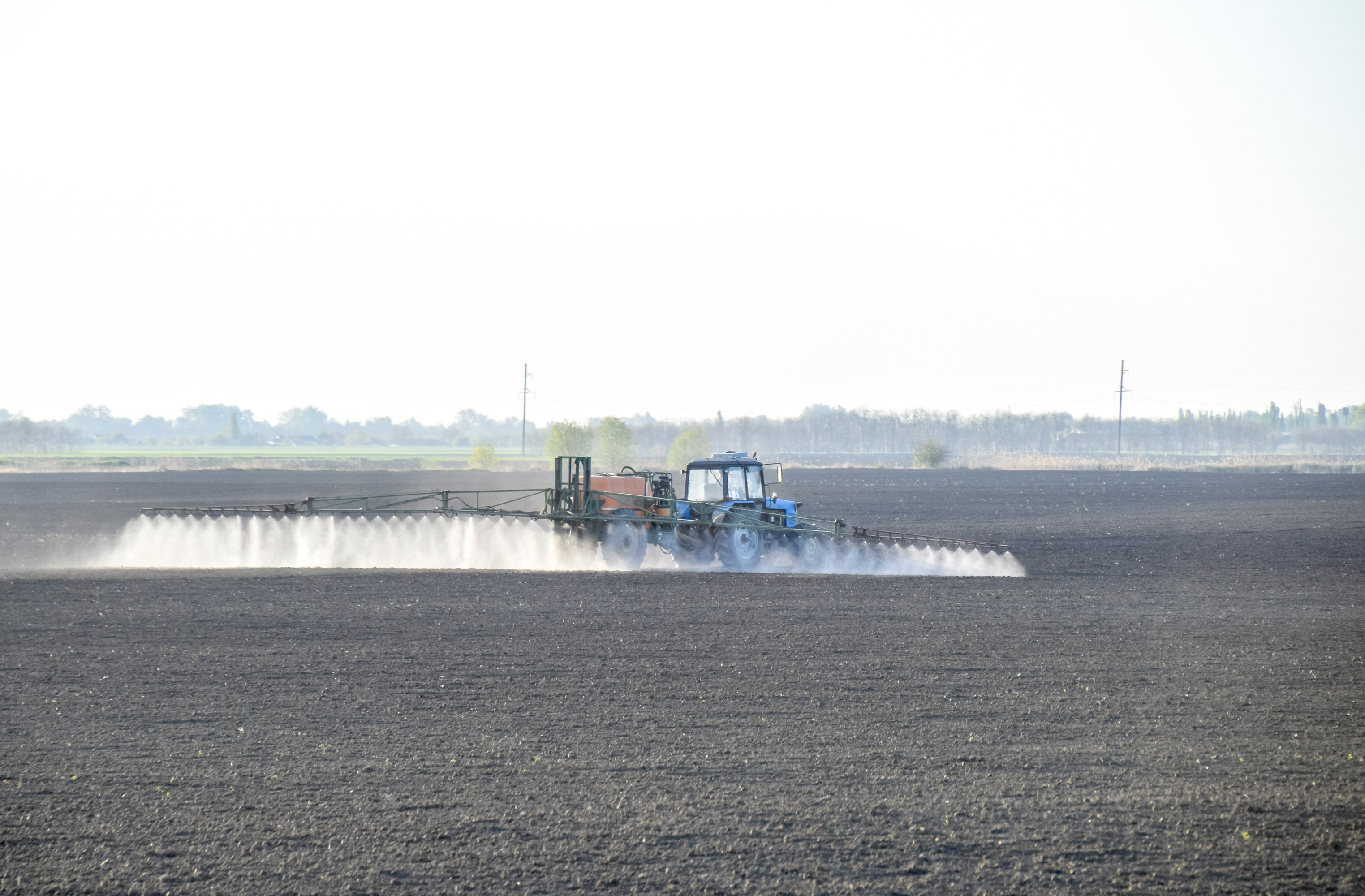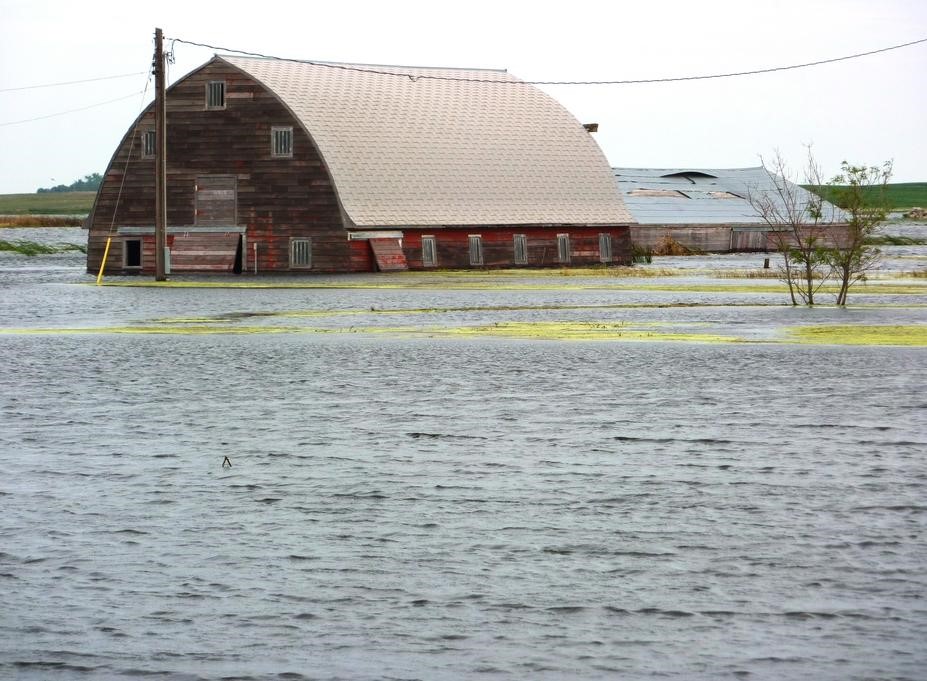Search

2017-2018 Multi-State Organic Oat Variety Trial Results
The tight production margins currently present in agriculture have increased interest in growing organic oats.

Instinct HL and Nitrogen Management Effect on Winter Wheat Yield
Nitrogen (N) additives to control N losses through volatilization, denitrification, and leaching are widely used in the Midwest. Slowing the conversion of nitrogen fertilizers to nitrate may lessen leaching and denitrification losses if precipitation or soil becomes saturated.

Flood Insurance
The higher amounts of snow this year will increase the chance of flooding and the potential water damage to homes and residential properties. Now is the time to consider purchasing a flood insurance policy.

2018 Field Plot Summaries for Wheat Disease Management Trials
The wheat disease management field experiments conducted in the 2018 growing season evaluated several experimental and commercially available fungicides for managing foliar, head or root diseases of spring wheat. Foliar and spike/head diseases incidence and severity were assessed. The field experiments were implemented at Volga Research Farm and Northeast Research Farm (NERF) near South Shore, SD. Results of the same experiment may vary between Volga and Northeast due to environmental differences between the two locations.

Sorghum Weed Control
Early competition, especially from grass, is critical for successfully controlling weeds in sorghum. There are preemergence as well as postemergence herbicides available for this crop. Early treatment provides the best control of broadleaved weeds with crop stage also being a critical factor for some postemergence treatments.

Recommended Soil Sampling Methods and Instructions
Proper collection of soil samples is extremely important as the accuracy of the soil test depends on the quality of the soil sample provided to the lab.

Herbicide Rotation Restrictions
This is a quick reference guide to common herbicides and their rotation restrictions for selected crops.

Flood
View resources to prepare for and recover from flood situations.

2019 Survey South Dakota Corn Nutrient Management Practices
Data from the 2019 survey South Dakota farmers was used to examine how local and operational characteristics such as geographic location within SD, tillage practice, and farm size were related to the adoption of various nutrient management practices.

Youth for the Quality Care of Animals (YQCA) in South Dakota 4-H resources
About YQCA – the national program
Youth for the Quality Care of Animals (YQCA) is a national multi-species quality assurance program for youth ages 8 to 21 with a focus on three core pillars: food safety, animal well-being, and character development. The YQCA program is an annual certification created for youth producing and/or showing beef cattle, dairy cattle, sheep, meat goats, dairy goats, swine, poultry, and rabbits. The program has been designed by extension specialists and national livestock program managers to ensure it is accurate, current and relevant to the needs of the animal industry and shows, and is appropriate for youth learning levels.